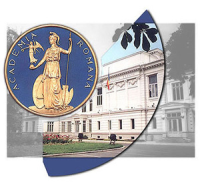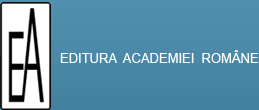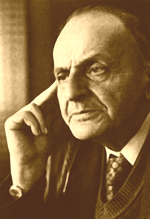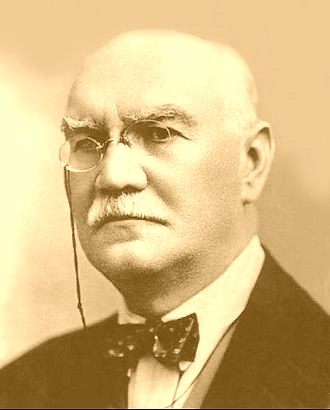Main Menu
DEPARTAMENTE
REVISTE
PUBLICAŢII PERIODICE
LEGĂTURI
CONFERINȚE
 Simpozionul Național Constantin Noica, Ediția a XVI-a „Povestiri despre om…” (26-29 septembrie 2024)
Simpozionul Național Constantin Noica, Ediția a XVI-a „Povestiri despre om…” (26-29 septembrie 2024)SIMPOZIONUL NAŢIONAL
SIMPOZIONUL NAŢIONAL
Welcome
The Idea of Philosophy as Science within 19th Century Thinking - 1
victorg, Sunday 04 April 2021 - 17:25:44 //
INSTITUTE FOR PHILOSOPHY AND PSYCHOLOGY “CONSTANTIN RĂDULESCU-MOTRU” ROMANIAN ACADEMY DEPARTMENT OF HISTORY OF WESTERN PHILOSOPHY
The Idea of Philosophy as Science within 19thCentury Thinking Keynote
Keynote speakers: Michel Bourdeau (CNSR, Paris), Nicholas Capaldi (Loyola University New Orleans), Susan Krantz Gabriel (St. Anselm College, New Hampshire), Makkreel Rudolf A (Emory University, Atlanta)
The idea of philosophy as science expands over the 19th century philosophy; instantiated by the German Idealism’s systems in the shape of absolute science that starts from pure subjectivity to further gather the entire world under its categories, this idea is later found within the works of Franz Brentano in the form of philosophy as inductive science, with its two major disciplines: metaphysics and psychology. Both rely upon the thesis that the true method of philosophy is the method of the sciences of nature. At the same time, despite this methodological commitment, according to Brentano, these two philosophical disciplines do not give up, but, on the contrary, they strongly support the thesis concerning the metaphysical nature of philosophical research. This thesis is embodied, on the one side, by the interest for the question regarding the immortality of the soul and, on the other side, by the desire to scientifically prove the existence of God. In this way, Brentano’s inductive-scientific philosophy is fundamentally different from Comte’s and Mill’s positive philosophy, which purposely bracketed metaphysical problems in order to focus upon phenomena and the relations among them. Thus, philosophy became—in the case of Comte, for instance—a reflection upon the generalities pertaining to positive sciences.
Within this framework shaped by the idea of the German Idealism’s absolute science that proceeds deductively, by Comte’s and Mill’s positive science that eliminates metaphysical issues and focuses on phenomenal correlations, and finally, by Brentano’s both empiricist-inductive and metaphysical philosophy, this colloquium endeavors to debate on the idea of philosophy as science along the 19th century, paying special attention to the relations between the empirical and aprioristic sides, between the deductive and inductive ones, and also between the positive and metaphysical levels—all these concerning the elaboration of the 19th century philosophical perspectives. Closely related to this are the following questions: What is the nature of the experience in which the philosopher's thought is grounded? Is it the consciousness of belonging to a certain tradition or the consciousness of its creative potential or, on the contrary, that of the shortcomings of this tradition? Or could it be the consciousness of the experience of a certain science, e.g., the positive natural science in Comte, or both, as is the case with Brentano? Which were the strategies for the rebirth of philosophy in that time? How did representative philosophers of that time conceive the relationship between philosophy and science—specially concerning that between philosophy and modern science of nature, whose evolution supported the philosophical reflections of Comte and Mill?
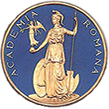

 P S I H O L O G I E
P S I H O L O G I E